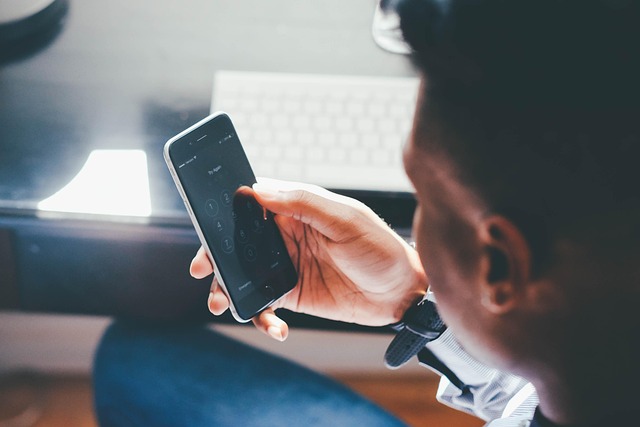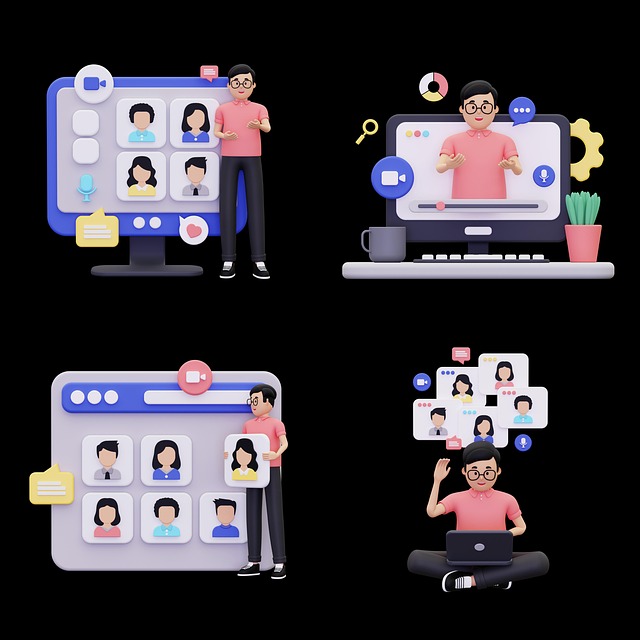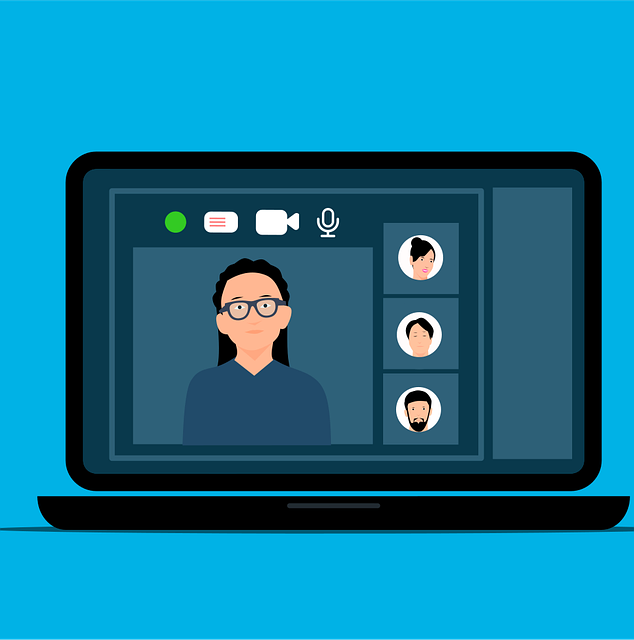In today's digital age, virtual couples counseling is a vital tool for maintaining and strengthening relationships despite physical separation. By prioritizing virtual trust, sessions create a secure environment for partners to share openly, fostering empathy, conflict resolution, and enhanced communication. Through professional guidance, individuals learn to navigate sensitive issues, rebuild trust, and cultivate healthier connections using video conferencing, active listening, and structured exercises.
In today’s digital age, physical distance no longer limits our relationships. However, establishing and maintaining virtual trust in romantic partnerships presents unique challenges. This article explores the intricate dance of rebuilding trust online, focusing on strategies for both individuals and therapists. We delve into the effects of separation on trust, the power of digital platforms to foster connection, and essential communication techniques for couples counseling virtual sessions. By understanding these dynamics, partners can strengthen their bonds despite distance.
- Understanding Virtual Trust in Relationships
- The Impact of Physical Distance on Trust
- Building Connection Through Digital Platforms
- Effective Communication Strategies for Couples Counseling
- Measuring and Strengthening Virtual Trust Links
Understanding Virtual Trust in Relationships

In today’s digital era, as more and more interactions shift online, understanding virtual trust in relationships has become paramount. Couples counseling virtual sessions provide a unique opportunity to build and strengthen bonds despite physical distance. The concept of virtual trust involves creating a safe, secure, and open environment where both partners feel comfortable sharing their thoughts, feelings, and experiences. This is achieved through active listening, clear communication, and the use of technology that ensures privacy and confidentiality.
During virtual couples counseling, professionals guide individuals or couples to navigate sensitive topics, work through conflicts, and establish a foundation of trust. Just as in-person counseling, it requires commitment, vulnerability, and a willingness to engage in meaningful dialogue. By focusing on building empathy, resolving misunderstandings, and fostering open communication, virtual trust can be rebuilt and strengthened, paving the way for healthier, more fulfilling relationships.
The Impact of Physical Distance on Trust

In today’s digital era, where physical distance is increasingly common, understanding the impact on trust is more vital than ever. Couples counseling virtual sessions have become a necessary tool for maintaining healthy relationships, especially when partners are separated by miles. However, this shift to online interactions can pose challenges to rebuilding and fostering trust. The lack of physical presence may hinder open communication, making it difficult to convey emotions, body language, and other non-verbal cues that are crucial for establishing and reinforcing trust.
Despite these hurdles, virtual couples counseling offers a unique opportunity to navigate the complexities of trust in a remote setting. Through innovative strategies and technology, therapists can facilitate meaningful discussions, helping partners gain deeper insights into each other’s perspectives and experiences. By leveraging video conferencing tools, couples can virtually connect face-to-face, creating a sense of closeness despite physical distance. This approach allows them to work on rebuilding trust by engaging in active listening, sharing personal stories, and participating in exercises designed to enhance understanding and empathy.
Building Connection Through Digital Platforms

In today’s digital era, couples counseling virtual platforms have become a game-changer in rebuilding trust. These online tools enable partners to connect and communicate from the comfort of their homes, fostering a sense of accessibility and convenience. Through video conferencing, couples can engage in therapeutic sessions, allowing them to share their feelings, work through conflicts, and build a stronger bond despite physical distance. The interactive nature of these platforms facilitates active participation, ensuring both individuals are actively involved in the healing process.
Digital counseling offers a safe space for vulnerable conversations, encouraging openness and honesty. With effective facilitation, couples can navigate sensitive topics, repair emotional damage, and regain trust. This modern approach to counseling has proven successful for many, as it provides flexibility and adaptability, catering to diverse schedules and preferences. By leveraging technology, couples counseling virtual services revolutionize traditional therapy methods, making healing more accessible and efficient.
Effective Communication Strategies for Couples Counseling

In the realm of couples counseling virtual, effective communication strategies are key to rebuilding trust. The first step involves creating a safe, non-judgmental space where both partners feel comfortable expressing their feelings and concerns openly. This can be facilitated through clear, consistent, and empathetic listening. Counselors should encourage active listening, reflecting back what’s been said to ensure understanding, and asking clarifying questions.
Additionally, using technology to enhance communication is vital. Video conferencing platforms allow for visual cues and real-time interactions, fostering deeper connections. Sharing screens during sessions can help couples work through issues collaboratively, while secure messaging apps enable ongoing dialogue between sessions. These tools, combined with structured communication exercises, such as role-playing or joint goal setting, can significantly improve trust in virtual couples counseling.
Measuring and Strengthening Virtual Trust Links

In the realm of couples counseling virtual, rebuilding trust is a delicate process that requires precise measurement and continuous strengthening. Measuring virtual trust involves assessing communication patterns, transparency levels, and emotional openness within the digital space. Therapists can utilize specific tools to track these aspects, ensuring sessions remain effective despite physical distance.
Strengthening virtual trust links necessitates creating a safe and supportive environment, utilizing secure video conferencing platforms, and establishing clear guidelines for respectful interaction. Couples should be encouraged to actively engage in open dialogue, share their feelings honestly, and practice active listening. These strategies foster intimacy and rebuild fractured trust, enhancing the overall success of couples counseling virtual.
In today’s digital age, virtual trust rebuilding has become an essential aspect of maintaining healthy relationships, especially across physical distances. By understanding the unique challenges posed by remote interactions, couples can navigate the impact of separation and strengthen their bonds through effective communication strategies. Through the integration of technology in couples counseling, individuals can access resources to build connection, measure trust, and ultimately enhance their virtual relationship dynamics. This approach ensures that love and commitment can thrive, even when miles apart.






